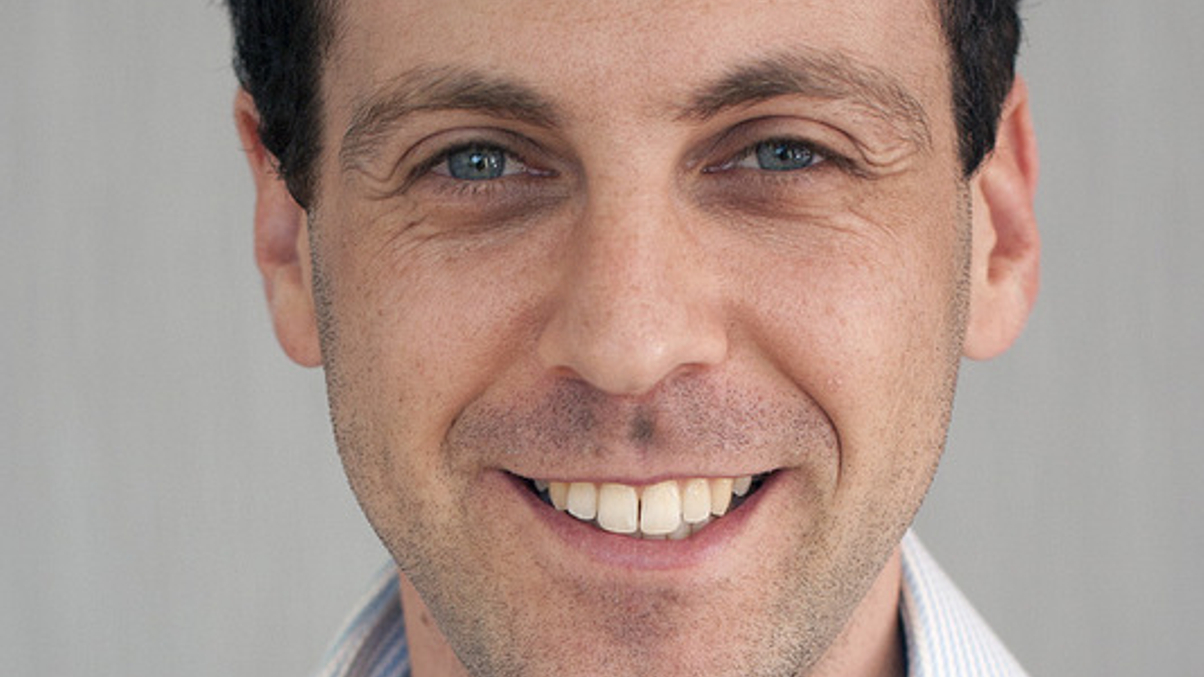Aberdeen flags automation as passporting issue
Aberdeen Asset Management's Australia COO says his home market is well prepared on funds automation, but raises this as a consideration under current passporting proposals.

There is much to resolve before the Asia Region Fund Passport (ARFP) becomes a reality, not least an arrangement over tax harmonisation, says Gil Orski, Australia chief operating officer at Aberdeen Asset Management.
Sign in to read on!
Registered users get 2 free articles in 30 days.
Subscribers have full unlimited access to AsianInvestor
Not signed up? New users get 2 free articles per month, plus a 7-day unlimited free trial.
¬ Haymarket Media Limited. All rights reserved.


